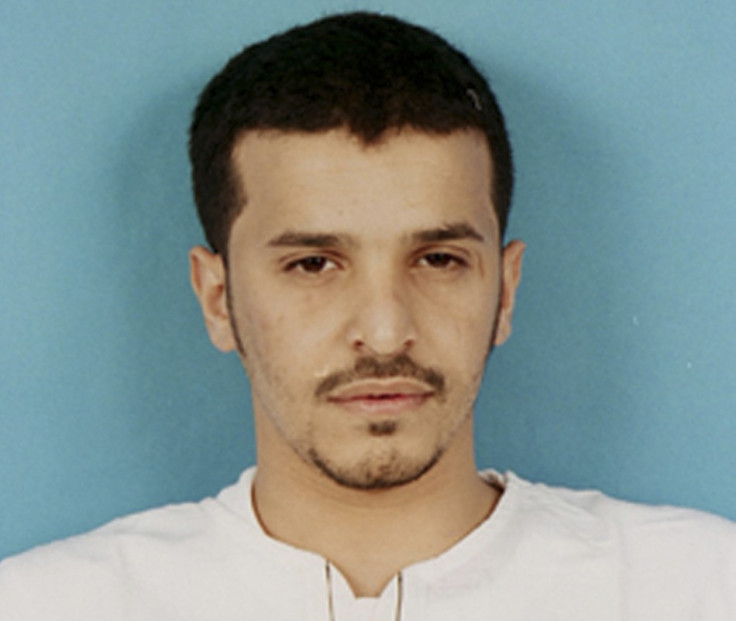Spy Watchdog Warns of 'Disturbing' Complacency in Face of Terror Threat

The British public has become "disturbingly" complacent about the terror threat from Islamic extremists, who are deploying "devilish technical skill" to construct deadly devices, the UK spy watchdog has warned.
On the eve of the anniversary of the London bombings on 7 July, 2005, Sir Malcolm Rifkind, head of the Intelligence and Security Committee, said that it was "simply foolish" to believe that the threat from terrorism had receded.
He said that he had been briefed in advance on extra security checks introduced for planes arriving in the UK, Africa and the Middle East to fly to the US, and had been left in no doubt that they are necessary.
Reports suggest that a jihadist had planned to create a bomb undetectable to airport security using a smartphone or tablet device.
Writing in the Sunday Telegraph, Sir Malcolm warned that because there had not been a successful terrorist attack against civilians in the mainland UK since the 7/7 attacks, in which 52 people were killed in four bomb attacks on public transport, people had become complacent.
"We must not underestimate the devilish technical skill of those terrorists who design ever-more sophisticated means of concealing explosives"
- Sir Michael Rifkind
"Long queues work their way through security, our clothes are removed, our luggage inspected and our own bodies often examined. As of this week it has got worse, especially for flights to the United States," he wrote.
"Is it really necessary? We have seen no planes hijacked for many years. None have exploded in the air, like the PanAm flight over Lockerbie in 1988.
"Apart from the terrible murder of Drummer Lee Rigby, the last successful Islamic jihadi terrorist outrage in Britain was the London bombings back in 2005.
'This has resulted in complacency amongst some of the public which is seriously disturbing. It is simply foolish to believe that the threat is either minimal or now behind us.'
The latest security measures imposed last week followed intelligence warnings that al Qaeda's chief bomb maker, Ibrahim Hassan al-Asiri, who is thought to be based in Yemen, had linked up with jihadists in Syria to pass on his skills.
Ibrahim Al-Asiri, 32, has survived numerous assassination attempts, and is believed by security agencies to have perfected a device which can be sewn into a human body, making it almost impossible to detect by airport security scanners.

The technology is already thought to have reached British jihadists in Syria and Iraq. It is now feared they will return home to target flights from the UK.
The alert led to the number of sophisticated body scanners at British airports being raised from 10 to 21 on Friday.
"I have received fuller information than it has been possible to publish in the newspapers. I have no doubt, from what I have learnt, that these new steps are not bureaucratic nor an overreaction. Sadly, they are unavoidable," he wrote.
"Andrew Parker, the head of MI5, has insisted that the each year the security services have intercepted serious plots which 'would have led to the deaths and mutilation of many British citizens'," Sir Rifkind added.
"The police and the security services have been very successful, but we must not underestimate the devilish technical skill of those terrorists who design ever-more sophisticated means of concealing explosives in mobile devices, in clothing and in otherwise innocent objects. They have been hard at work over the last year."
© Copyright IBTimes 2025. All rights reserved.






















